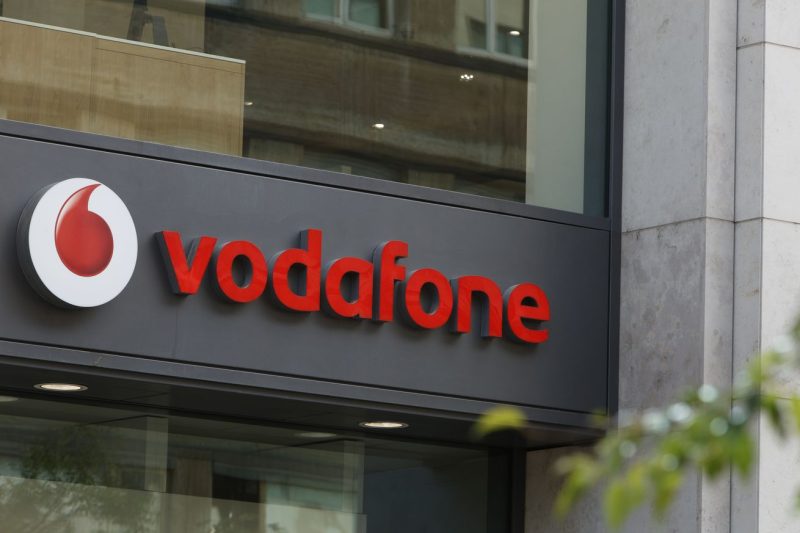**Vodafone and Three Cleared to Merge and Form the UK’s Biggest Mobile Operator**
The recent announcement of Vodafone and Three being cleared to merge and form the UK’s biggest mobile operator has sent shockwaves throughout the telecommunications industry. This merger, with the potential to reshape the UK’s mobile landscape, has been a subject of intense speculation and scrutiny since it was first proposed.
### Consolidation in the Telecommunications Industry
A merger between Vodafone and Three would bring together two major players in the UK telecommunications market. Vodafone, one of the world’s largest telecommunications companies, has a strong presence in the UK, offering a wide range of mobile services to consumers and businesses. Three, on the other hand, is known for its competitive pricing and innovative products, appealing to a younger demographic of mobile users.
The merger of these two giants would create a dominant force in the UK mobile market, with the combined entity having the largest customer base and network coverage in the country. This consolidation could lead to increased competition and potentially drive down prices for consumers, as the new company seeks to attract and retain customers in a highly competitive market.
### Regulatory Approval and Competition Concerns
Despite the potential benefits of the merger, regulatory approval was not guaranteed. Competition authorities had expressed concerns about the impact of the merger on market competition and consumer choice. Regulators were keen to ensure that the merger would not lead to a monopoly-like situation in the UK mobile market, where consumers would have limited options for mobile services providers.
However, after a thorough review of the proposed merger, regulatory authorities gave the green light for Vodafone and Three to proceed with their plans. The companies have committed to upholding competition in the market and have promised to deliver innovative products and services to consumers, in line with regulatory requirements.
### Future Implications and Potential Challenges
The merger of Vodafone and Three is expected to have far-reaching implications for the UK telecommunications industry. The combined entity will have the resources and capabilities to invest in new technologies, such as 5G, and expand its network coverage across the country. This could potentially lead to improved services for consumers, including faster connection speeds and better network reliability.
However, the merger also poses certain challenges, particularly in terms of integration and synergy realization. Bringing together two large organizations with different corporate cultures and operational structures can be a complex and time-consuming process. The success of the merger will depend on how well the companies can align their strategies, systems, and teams to achieve their shared goals.
### Conclusion
The merger of Vodafone and Three marks a significant development in the UK telecommunications industry, with the potential to create a powerful new player in the mobile market. While the merger has been met with regulatory approval, the companies will need to navigate a range of challenges as they work to integrate their operations and deliver on their promises to consumers. The future of this new entity will be closely watched by industry observers and consumers alike, as it seeks to redefine the mobile landscape in the UK.
